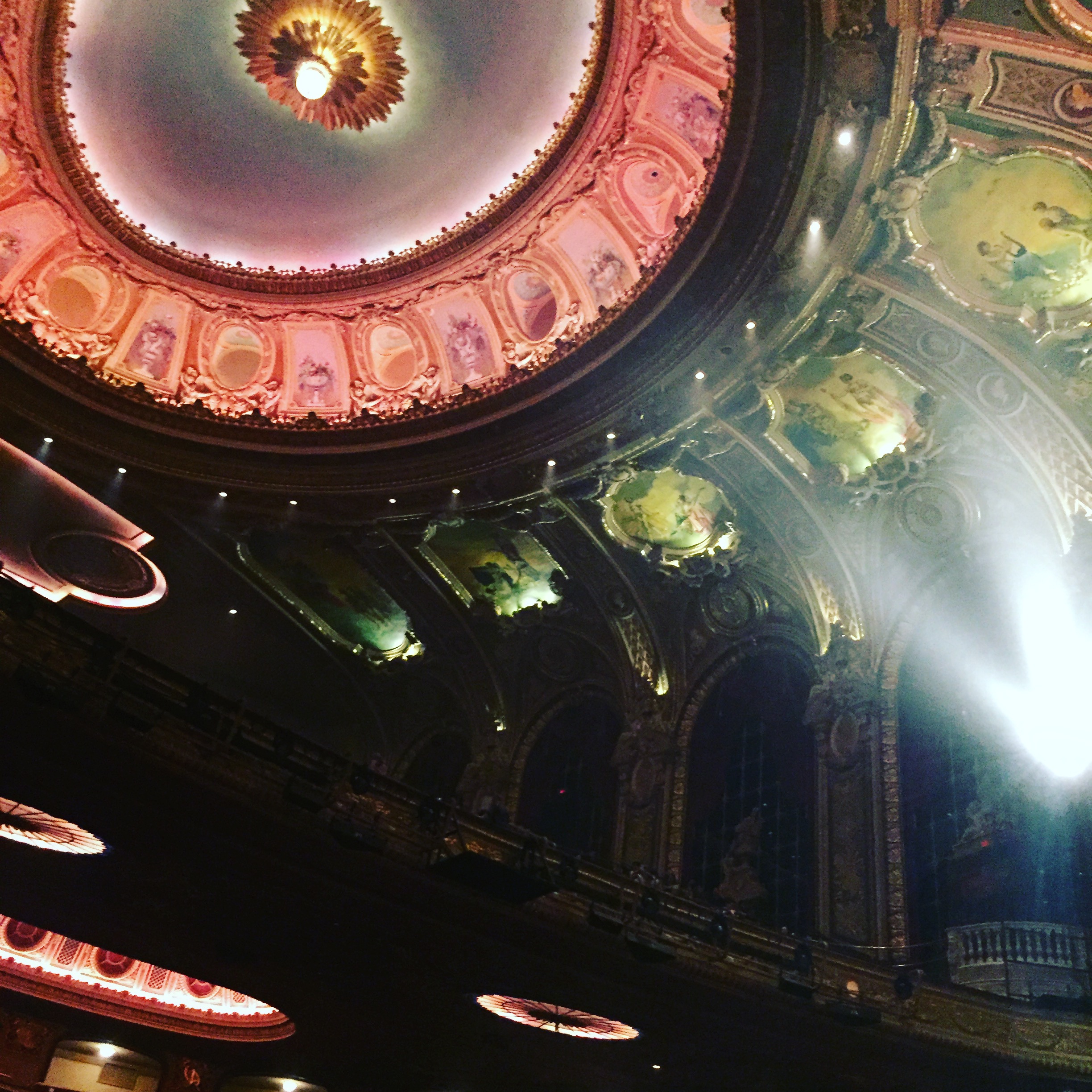
I wish to illustrate the way proactive and reactive inclusion has operated recently in my own community (Harpswell) in the State of Maine. Harpswell is a tight-knit community surrounded by the Atlantic Ocean, with a long history of fishing (especially the hauling in of lobster) and boatbuilding. Many families in this community can trace their roots back many generations, and it often takes a long time to gain acceptance as a “true” member of the Harpswell community. In other words, one is an “outside” (from “away” as they say here). It is therefore probably smart to be reactive and wait to be invited in – or live with the assumption that you will always be an outsider. In which case, you just hunker down and enjoy the spectacular view of the ocean and savor the fresh (and remarkably inexpensive) lobster meals.
Then, along comes the outlier. I will call her “Sarah.” She and her husband recently moved to Harpswell, having been very successful as a corporate executive in New York City (one of those places that true Mainer’s hate – along with anyone from Massachusetts). Sarah decided to take a proactive stance regarding inclusion. Rather than waiting to be invited in, she hosted a pig roast and invited all of her neighbors to bring a side dish (assigned by first letter of their last name) and join in the consuming of the pig and side dishes brought by other members of the community. More than 70 people showed up from the roast and this event has been held for the four years – and is eagerly awaited. Sarah has met many members of the community and is already a leading figure in the community (which relates to her own high need for control and influence which was honed during her years as a corporate executive).
Sarah was proactive. She said: “here I am and here is how you can get to know me and my husband” “I’m not waiting for you to invite me to your home. I have invited you here along with many of our neighbors. Come and enjoy pig and dialogue.” My own wife and I have come to each of the pig roasts and have found this to be a wonderful way in which to become “included” in the community ourselves. While members of many other closely-knit communities who are thoughtful about the issue of inclusion have established programs to welcome new residents to their community, Sarah took the action herself, and Harpswell now has the pig roast as one way to welcome in newcomers.
The Welcome Wagon initiatives of other communities assume that the new residents will be reactive regarding inclusion, while Sarah offers a daring challenge to this assumption. She illustrated how one can be proactive. She doesn’t just sit at the side of the dance floor. Sarah goes out and grabs one of the reticent boys and starts dancing with them. What a radical departure from our established way of being in the world as teenage boys and girls. Welcome to the 21st Century of gender-based relational norms.









